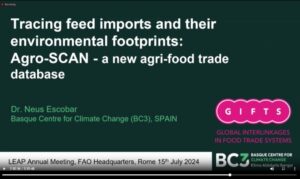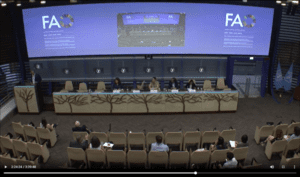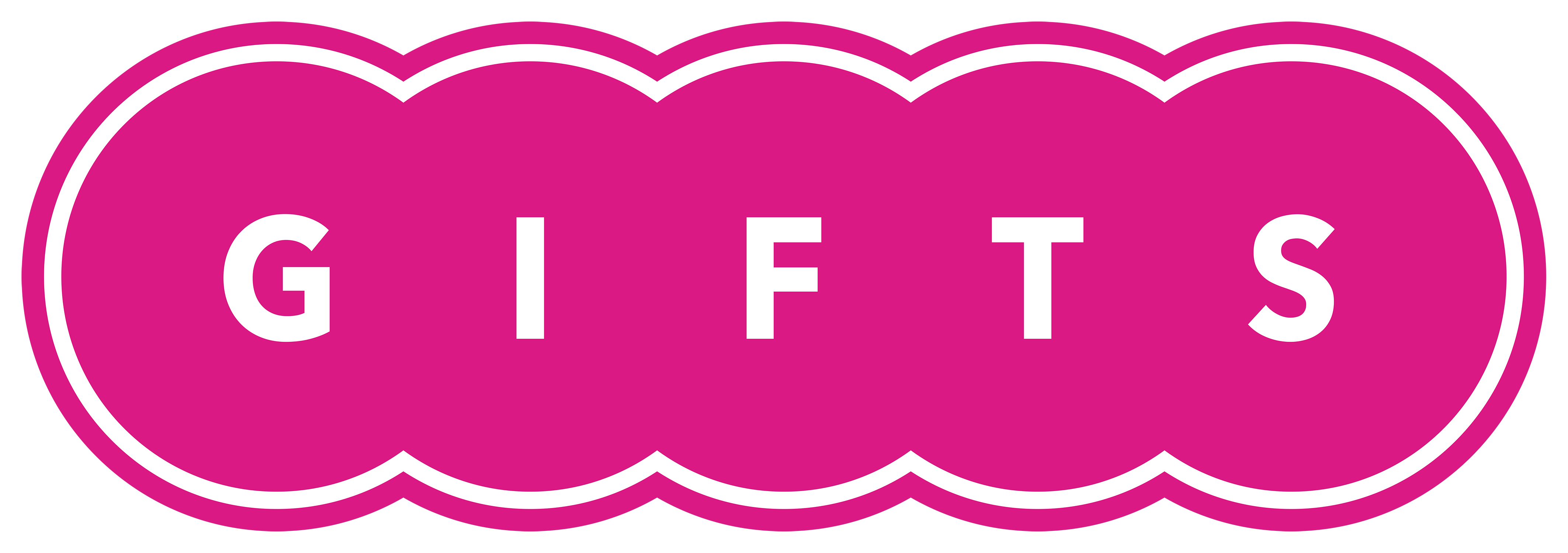

The LEAP Partnership convened livestock stakeholders from around the world to share insights from over a decade of collaborative work, with the goal of improving the environmental performance of livestock sectors, while addressing the unique regional challenges they face. LEAP adopts a life cycle approach to guide decision-making and propose improvements across livestock supply chains, recognizing the crucial role of feed in ensuring sustainable livestock production.


The afternoon session spotlighted the latest advancements in the GLEAM model, developed by FAO’s Livestock Division. GLEAM simulates the interactions between livestock production and environmental factors, working across scales from sub-national to global. The model maps key stages in livestock supply chains, including feed production, processing, transport, herd dynamics, animal feeding, manure management, and the processing and transport of animal products.
The session provided a comprehensive overview of GLEAM’s evolution, including the new features in version 3 and anticipated updates in version 4. The GLEAM team also highlighted the model’s contribution to FAO’s global assessment of greenhouse gas emissions and mitigation strategies in livestock agri-food systems. The full report can be accessed here: Pathways towards lower emissions.
Neus Escobar presented her ongoing work as a feed trade specialist, collaborating with the GLEAM team to trace the trade flows of agri-food feedstocks used as feed across countries. She also shared her efforts in estimating the associated carbon and land footprints using Agro-SCAN, a new Multi-Regional Input-Output model built with FAOSTAT data. This data will help refine GLEAM by expanding its feed list, identifying the type, origin, and quantities of more than 170 products used as feed. For more information, you can follow the session here: Strengthening partnerships to achieve sustainable livestock transformation.



